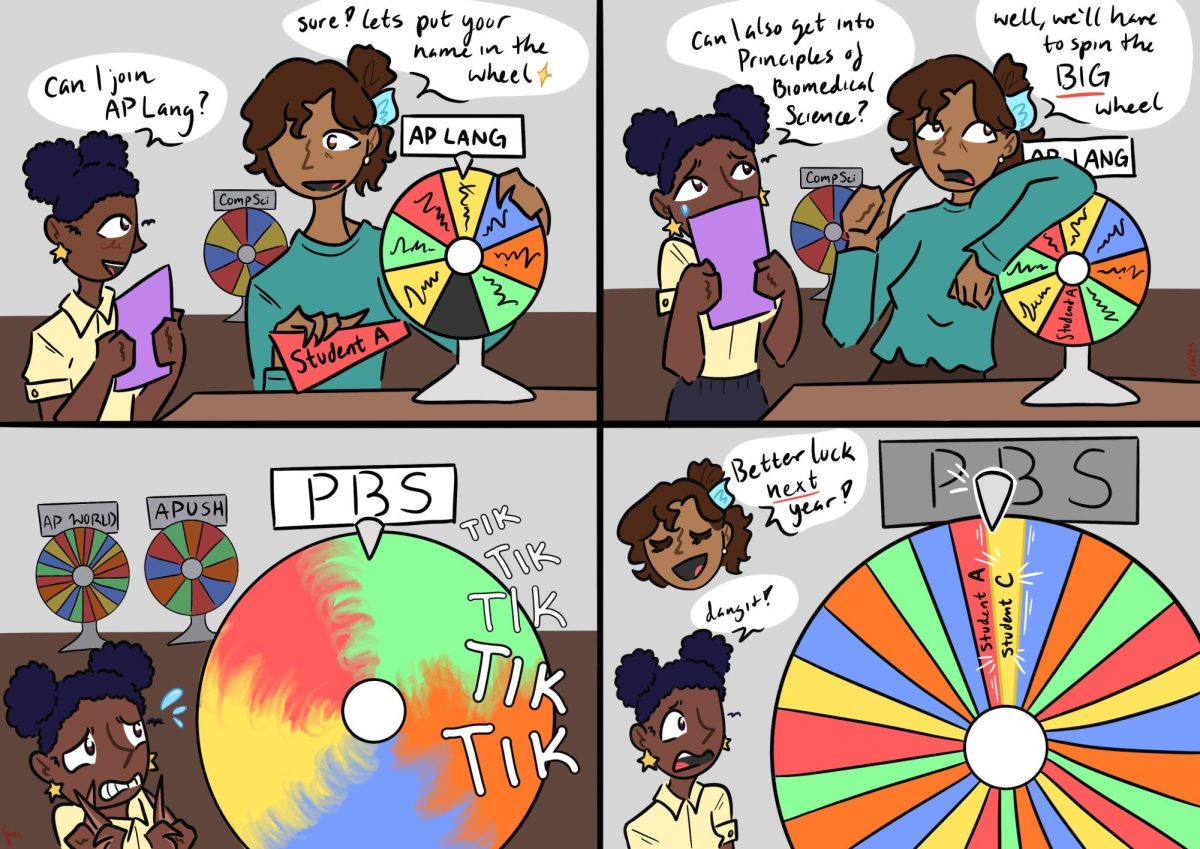Courtney Carlson
Staff Writer
Tyler Anastopoulos, a junior from Wichita Falls, Texas, became the victim of corporal punishment for simply failing to attend a detention in early 2011.
His punishment was three whacks of a paddle that sent him to the hospital later that day.
He is one of thousands of American students who is annually subjected to this type of discipline, and is now an example of why this should be nationally banned.
The use of physical retribution in schools as means of punishment is morally wrong. It teaches kids that violence is an effective way of solving problems, and leads to fear of making mistakes and of school in general.
Though illegal in California, it’s still condoned in 20 states, such as Texas, Colorado, and Tennessee. It is administered for trivial problems such as chewing gum or having a dress cut.
The punishment is generally administered by hitting children on their hands or backside with rulers or leather straps repeatedly. This discipline’s effectiveness has been questioned.
Studies published in the June 2011 issue of Social Development, a children’s psychology journal, have shown a link between corporal punishment and lack of abstract thinking and “verbal intelligence” in the students subjected to it.
One study compared two groups of students, one that was punished physically and one that was punished through time-outs. In the former, it was observed that verbal or physical reprimands resulted in a lack of self-confidence in the subjects, which in turn reduced their ability to learn.
Some argue that corporal punishment is beneficial because it limits the amount of time spent on retribution. By quickly dealing with students with physical punishment, some administrators say that the need for Monday Schools or other detentions are eliminated.
That preference is due mainly to an unwillingness of the school’s staff to devote the time to students that they need to fully understand a mistake and learn from it. Others believe the absence of corporal punishment has lead to more violent and insolent students.
But according the the Center for Effective Discipline (CED), violence against teachers has decreased as the use of paddling has decreased in schools. The CED also stated that school shootings occurred more often in states with corporal punishment, as shown in studies completed in 2002 and 2007.
If this type of discipline is prohibited in prisons and mental asylums, then there is no reason that it should be allowed in schools.
In Mississippi, one school district alone has had two lawsuits filed against it in the 2011 school year for matters relating to corporal punishment.
One student and his family is suing the district for having sexist tendencies in punishment, and the other is filing a lawsuit because their son was beaten so violently that he passed out and broke his jaw.
Such a barbaric practice shouldn’t be permitted in schools. Numerous organizations such as the National Association of School Psychologists and the Association for Childhood Education International oppose this form of discipline, and studies have proven it to be ineffective, if not detrimental to the psyche of students nationwide.


